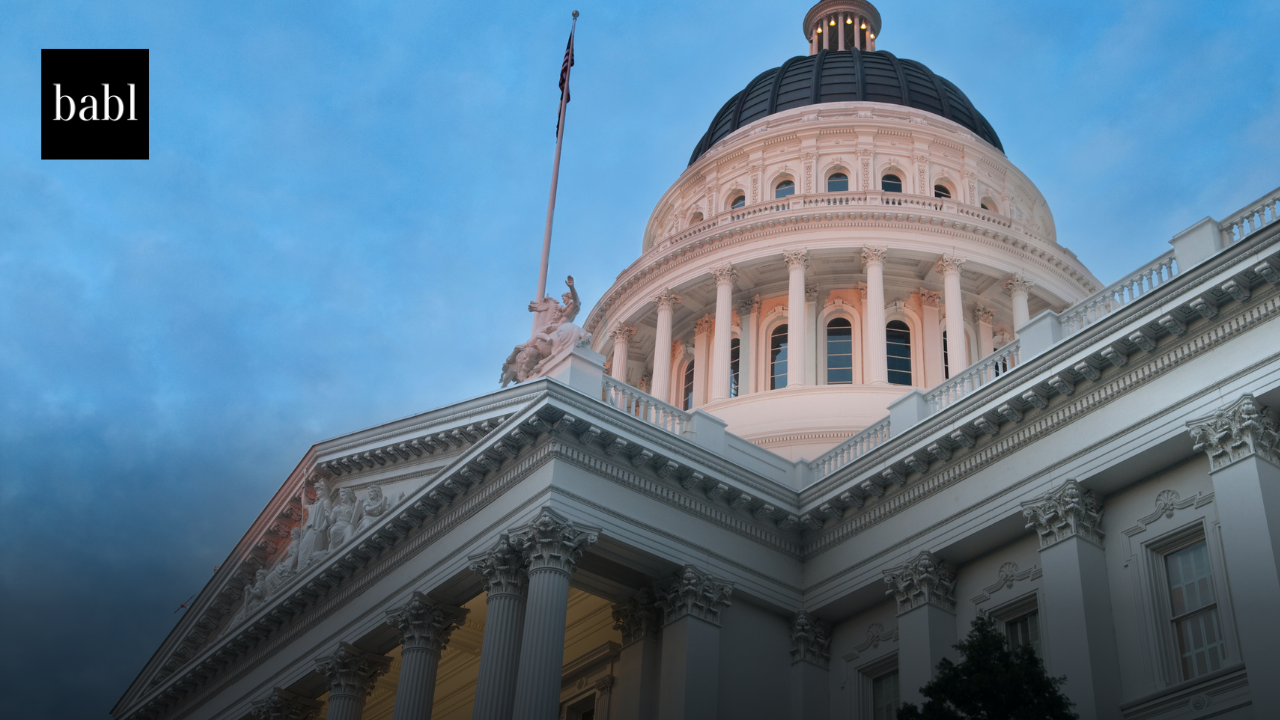With a critical election season approaching in the United States, New York Attorney General Letitia James has issued a stark warning to voters about the increasing threat of artificial intelligence (AI)-generated misinformation. To combat this issue, Attorney General James is calling on New Yorkers to be vigilant about the content they encounter online and has issued guidelines to help voters recognize and report AI-generated deepfakes and other misleading materials.
AG Addresses Harmful AI Tools
In her address to New Yorkers, Attorney General James emphasized the growing danger posed by AI tools that can quickly and easily generate fake images, videos, and audio clips. These AI-generated materials can spread rapidly across social media platforms, sowing confusion and disinformation among voters.
James noted that AI tools, which are now widely available and inexpensive, have made it easier for bad actors to create misleading content. Once shared on social media, these materials can spread like wildfire, making it difficult for voters to discern what is real and what is fake. By the time such election misinformation is debunked, the damage may already be done, further undermining trust in the electoral process.
A major concern surrounding AI-generated content is the rise of deepfakes, which are AI-created images, videos, or audio recordings that appear to be real but are entirely fabricated. These deepfakes can make it seem as though someone has said or done something they never did. In the context of elections, deepfakes can be used to deceive voters about candidates, voting procedures, and even eligibility to vote.
The Harm from Deepfakes
For example, deepfakes might impersonate government officials providing false information about polling locations, intimidate voters into not participating in elections, or feature fake audio recordings in robocalls. James warned that as AI technology advances, it is becoming increasingly difficult to differentiate deepfakes from authentic media. While early deepfakes may have had obvious flaws, newer versions are often indistinguishable from genuine content, making it even more challenging to detect fraudulent materials.
In addition to deepfakes, the Attorney General also urged voters to be cautious when using AI-powered chatbots to obtain information about elections. While chatbots can be helpful in many areas, they are not always reliable when it comes to providing accurate voting information. Misleading answers from chatbots could lead voters to the wrong polling location or provide incorrect information about election dates.
James recommended that voters rely on official sources, such as the New York State Board of Elections or their local board of elections, for accurate information. The State Board of Elections provides an online tool that allows voters to look up polling sites, check their registration status, and track ballots.
Conclusion and Helpful Tips
To help voters stay informed and avoid falling victim to AI-generated election misinformation, Attorney General James provided a set of guidelines:
- Consult official sources: Rely on the New York State and local boards of elections for accurate information about voting procedures, locations, and eligibility.
- Avoid chatbots for election information: Do not trust chatbots to provide accurate details about elections or voting.
- Report suspicious content: If you encounter social media content that appears to be a deepfake, report it to the platform and verify its authenticity through official sources.
- Be skeptical of sensational content: If you see emotionally charged or sensational information about candidates or elections, be cautious, as it may be misleading or fake.
- Verify before sharing: Do not share any content that you suspect to be fake unless you can confirm its authenticity.
Need Help?
If you’re wondering how New York’s AI regulations and policies, or any other AI legislation around the world, could impact you, don’t hesitate to reach out to BABL AI. Their Audit Experts are ready to provide valuable assistance while answering your questions and concerns.





